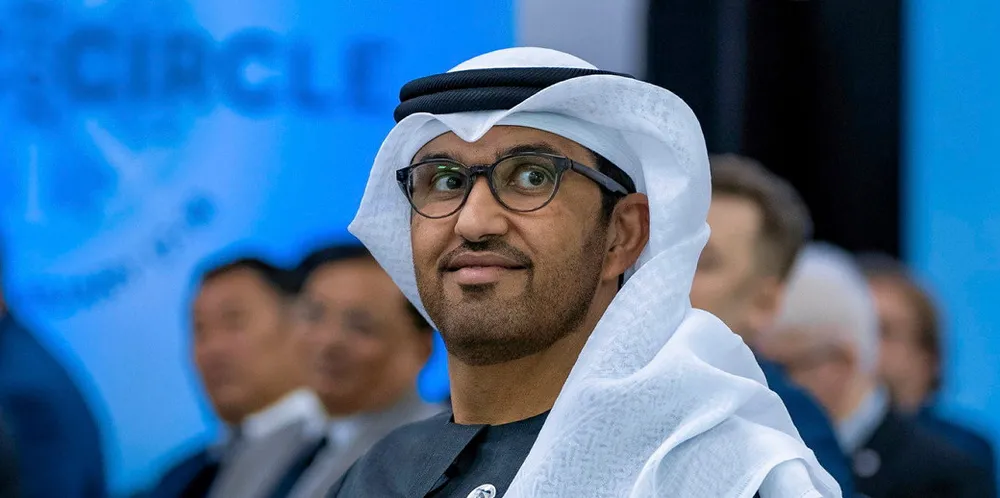'Historic' or fossil fudge? Split verdicts already over COP28's 'UAE Consensus'
Climate talks in Dubai end with agreement that includes call to 'transition away' from fossil fuels and triple renewables, but critics immediately say outcome 'desperately inadequate'
